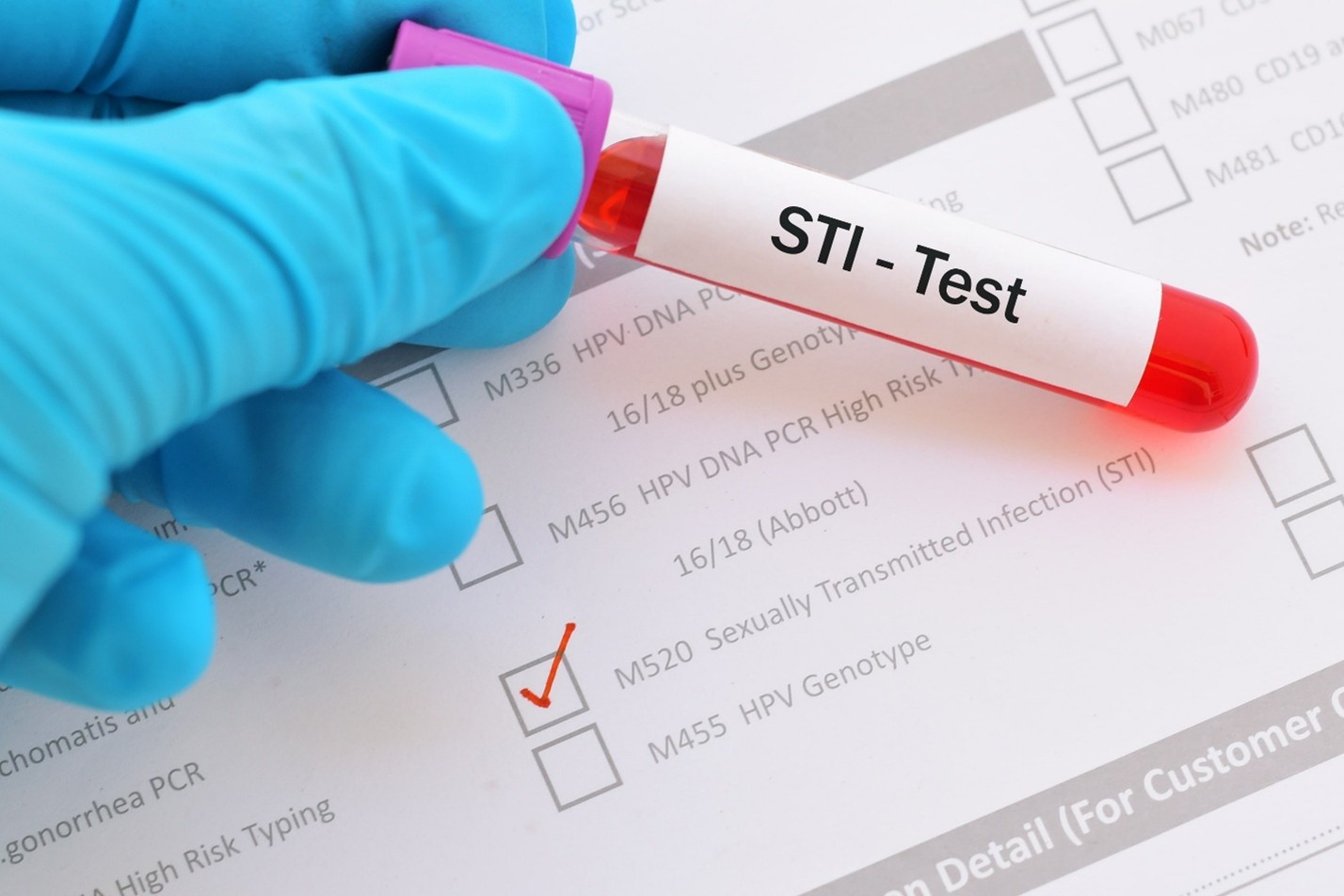Sexually transmitted infections (STIs) are a common health concern worldwide, affecting millions of people each year. Among the most prevalent are chlamydia and gonorrhea, both of which are caused by bacteria. While these infections are often treatable with antibiotics, they can have severe long-term consequences if left untreated. Unfortunately, many people infected with chlamydia or gonorrhea remain unaware of their condition due to the often asymptomatic nature of these STIs.
Ignoring or failing to seek treatment for these infections can lead to serious health complications, including infertility, chronic pain, and an increased risk of acquiring other infections such as HIV. Genesis Reference Laboratories will explore the long-term effects of untreated chlamydia and gonorrhea, emphasizing the importance of regular screening, early diagnosis, and proper medical intervention.
Understanding Chlamydia & Gonorrhea
Chlamydia is caused by the bacterium Chlamydia trachomatis and is one of the most frequently reported STIs worldwide. It can infect the genitals, rectum, and throat, often without causing noticeable symptoms. The Centers for Disease Control and Prevention (CDC) estimates that one in 20 sexually active young women aged 14-24 has chlamydia.
Gonorrhea, caused by Neisseria gonorrhoeae, is another widespread bacterial STI that can affect the genitals, rectum, and throat. In recent years, concerns about antibiotic-resistant strains of gonorrhea have grown, making effective treatment even more critical. Both infections are transmitted through unprotected vaginal, anal, or oral sex, and can also be passed from mother to child during childbirth, potentially leading to serious complications in newborns.
Long-Term Effects of Untreated Chlamydia & Gonorrhea
If chlamydia or gonorrhea is left untreated, the bacteria can spread to other parts of the body, leading to severe and sometimes irreversible complications. These include:
1. Pelvic Inflammatory Disease (PID) in Women
One of the most serious consequences of untreated chlamydia or gonorrhea in women is the development of pelvic inflammatory disease (PID). PID is an infection that affects the female reproductive organs, including the uterus, fallopian tubes, and ovaries.
Symptoms of PID may include:
- Chronic pelvic or abdominal pain
- Painful intercourse
- Irregular menstrual bleeding
- Fever and chills
- Increased vaginal discharge with an unpleasant odor
PID can lead to scar tissue formation in the reproductive organs, which may result in infertility or ectopic pregnancy—a life-threatening condition where a fertilized egg implants outside the uterus, usually in the fallopian tube. The CDC estimates that about one in eight women with a history of PID struggles with infertility.
2. Epididymitis in Men
In men, untreated chlamydia and gonorrhea can cause epididymitis, an inflammation of the epididymis, the tube that carries sperm from the testicles.
Symptoms of epididymitis include:
- Swollen and painful testicles
- Painful urination or ejaculation
- Fever and chills
Without treatment, epididymitis can lead to permanent damage to the reproductive system, potentially resulting in infertility.
3. Increased Risk of HIV & Other STIs
Having an untreated STI like chlamydia or gonorrhea increases the risk of acquiring or transmitting HIV. The inflammation caused by these infections makes it easier for HIV to enter the body.
Additionally, untreated infections can make individuals more susceptible to other STIs, compounding the health risks.
4. Disseminated Gonococcal Infection (DGI) & Reactive Arthritis
In rare cases, gonorrhea can spread to the bloodstream, leading to disseminated gonococcal infection (DGI), a condition that causes joint pain, fever, skin lesions, and organ damage. If left untreated, DGI can result in septic arthritis, heart inflammation, or meningitis, which can be fatal.
Both chlamydia and gonorrhea can also cause reactive arthritis, a painful condition that leads to joint inflammation. This condition is sometimes called Reiter’s syndrome and can last for months or even years.
5. Pregnancy Complications & Newborn Health Risks
Pregnant women with untreated chlamydia or gonorrhea face increased risks of preterm labor, miscarriage, and stillbirth. Additionally, the infections can be passed to the baby during delivery, leading to serious health issues such as:
- Neonatal conjunctivitis (eye infections that can cause blindness)
- Pneumonia
- Low birth weight
Newborns exposed to gonorrhea or chlamydia require immediate antibiotic treatment to prevent complications.
Prevention & Early Detection
Given the serious health risks associated with untreated chlamydia and gonorrhea, prevention and early detection are essential.
1. Regular STI Screenings
Because these infections are often asymptomatic, regular STI screenings are crucial, especially for individuals who are sexually active, have multiple partners, or engage in unprotected sex. The CDC recommends:
- Annual screening for sexually active women under 25
- Testing for pregnant women during early prenatal visits
- Screening for men who have sex with men (MSM) at least once a year
- At least every 6 months for most patients taking PrEP therapy[SL1] .
2. Practicing Safe Sex
Using condoms or dental dams consistently during vaginal, anal, and oral sex significantly reduces the risk of infection.
3. Seeking Prompt Treatment
If diagnosed with chlamydia or gonorrhea, completing the full course of antibiotics as prescribed by a healthcare provider is essential. Avoiding sexual activity until treatment is complete helps prevent reinfection and the spread of the disease.
4. Partner Notification & Treatment
Informing sexual partners about an STI diagnosis ensures that they can get tested and treated, breaking the cycle of transmission.
Chlamydia and gonorrhea are common yet preventable STIs that can cause severe, long-term health complications if left untreated. From infertility and chronic pain to increased HIV risk and pregnancy complications, the potential dangers highlight the importance of early detection, proper treatment, and preventative measures.
Sexual health should never be overlooked, and regular screenings, safe sex practices, and open communication with healthcare providers are key to preventing serious health consequences. If you or someone you know is sexually active, getting tested regularly and seeking prompt treatment can make all the difference in maintaining long-term health and well-being.
[SL1]At least every 6 months
- Screen sexually active people for STIs (vaginal, oral, rectal, urine, as indicated; blood): syphilis and gonorrhea for all PrEP users; chlamydia for MSM and transgender women, even if asymptomatic.
